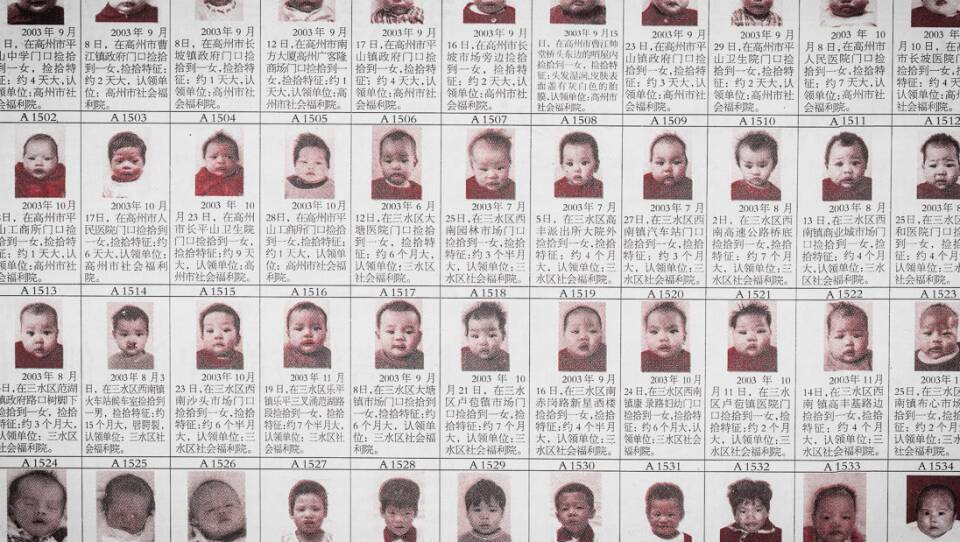China’s one-child policy, the population control measure that made it illegal for couples to have more than one child, may have ended in 2015, but the country is just starting to process the consequences of its influence. The documentary "One Child Nation" explores the ripple effect of the policy, unmasking its devastating truths and giving a voice to the millions of people hopelessly harmed by the practice.
WGBH Arts Editor Jared Bowen spoke with producer Carolyn Hepburn about the origins of the film and how it sheds light on the views and consequences of the social experiment.
This interview was conducted on June 21, 2019 at the Nantucket Film Festival.

We all know this policy, but this film has changed how we understand this policy. What was the impetus for the film?
Carolyn Hepburn: The idea began with Nanfu Wang who is a Chinese American. She was born in China and moved to the U.S. when she was in her 20s. And when the policy ended in 2015—she's a child of that policy—she was trying to understand, in a broader context, the ramifications of the policy and why it moved, why it ended, and why it's evolving now.
At first, she wasn't planning on making a personal story. She reached out to the characters that we highlight in the film who are midwives and officials who dealt with families who were having more than one child. But also, journalists and researchers who are trying to figure out what was happening there. And she got this whole wealth of information. But quite a long way into the process she started to realize that the best way to tell the story was through a very personal lens. And she made the decision to include her own family and how it affected her personally, and her brother, and her mother, and her aunts and uncles - to give it that human connection to how it affected people so deeply.
And how do we reconcile how it's still affecting people? We see people essentially defending the policy in the film.
CH: Yeah, well a crazy thought is that Nanfu's mother, who is extremely proud of her and thinks this is an important film to document what happened, is still a firm believer that the policy was needed. And in screenings that we have, it's really sparked a lot of conversation as well. Because there are young women who were born in Chinese cities, maybe to more affluent families, who they were the only child and are recognizing that they got so many more resources and opportunities because they didn't have a brother. If they had a brother who was born all of that would have went to them. So, they—in a weird way to me—think it's a good policy because they were able to benefit from it.
But the ramifications of it are still being figured out because China doesn’t document how it was affected; how many abortions there were, how many adoptions there were. And so, what we see now is that there's a large male population that are not going to be finding mates, at least in China, because there's a lack of women. But also, because it's a patriarchal society, there's becoming a huge problem in elder care. Traditionally it's the daughters who take care of the parents. And since there are less women in the country, elder care is becoming a huge problem in China. So, we're just slowly beginning to see the repercussions of what the policy is doing to the country.
There are very intense, very troubling, difficult to watch images, and that's why this story works so well in documentary format. Because we see it. How do you characterize the level to which this film goes to demonstrate what this policy did in terms of killing children?
CH: We're putting a spotlight on how people were affected. But we don't see it in a gratuitous way, we just want to show the human ramifications of it.
A lot of it is shown through one artist in particular, Pang Wang, who documented babies being thrown into garbage dumps. He took those babies and preserved them in a very provocative way to show people the cost of a human life, and ramifications of an ideology versus the reality and a day-to-day.
"One Child Nation" is playing at the Nantucket Film Festival, going on now until Monday, June 24, 2019 in Nantucket, MA.




